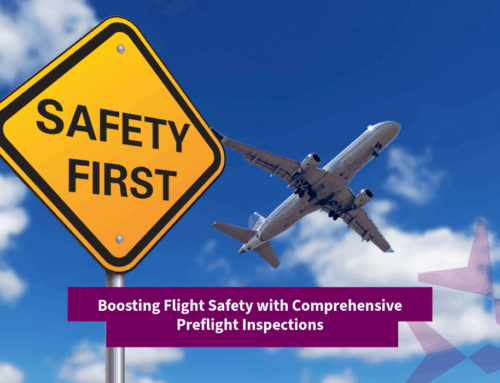Preventing Permit Rejections: Tackling Frequent Filing Mistakes by Operators
Securing permits is often a critical step for operators in industries such as construction, logistics, energy, and environmental management. Unfortunately, many applications face delays or outright rejections due to preventable filing errors. By understanding the most common mistakes and taking proactive measures, operators can significantly improve their chances of approval.

1. Incomplete or Inaccurate Information
One of the leading causes of rejection is missing or incorrect details in permit applications. Operators sometimes overlook essential fields or enter outdated information. To avoid this, carefully review all requirements and cross-check documents before submission.
2. Lack of Supporting Documentation
Regulatory authorities often require specific attachments, such as site maps, compliance reports, or proof of prior approvals. Failure to include these documents leads to unnecessary delays. Operators should maintain an updated checklist of mandatory attachments for each permit type.
3. Misunderstanding Regulatory Requirements
Regulations can vary significantly depending on jurisdiction, project scope, or industry. Filing under the wrong permit category or misinterpreting conditions is a common error. Engaging with compliance experts or consulting directly with permitting agencies can help clarify obligations before filing.
4. Poor Record-Keeping and Version Control
Submitting outdated versions of documents or inconsistent data across forms can raise red flags. Implementing digital record-keeping systems ensures consistency and reduces the risk of clerical errors.
5. Missed Deadlines and Timing Issues
Many applications are rejected simply because they are late or submitted during blackout periods. Operators should establish internal timelines and reminders to align with agency deadlines.
Best Practices to Reduce Rejections:
-
Conduct a thorough pre-submission review.
-
Use standardized templates to maintain accuracy.
-
Stay updated on changing regulations.
-
Train staff regularly on compliance and filing protocols.
-
Consider designating a dedicated compliance officer or third-party specialist.
By prioritizing accuracy, organization, and proactive communication with regulators, operators can not only minimize the risk of permit rejections but also build stronger trust with authorities.






